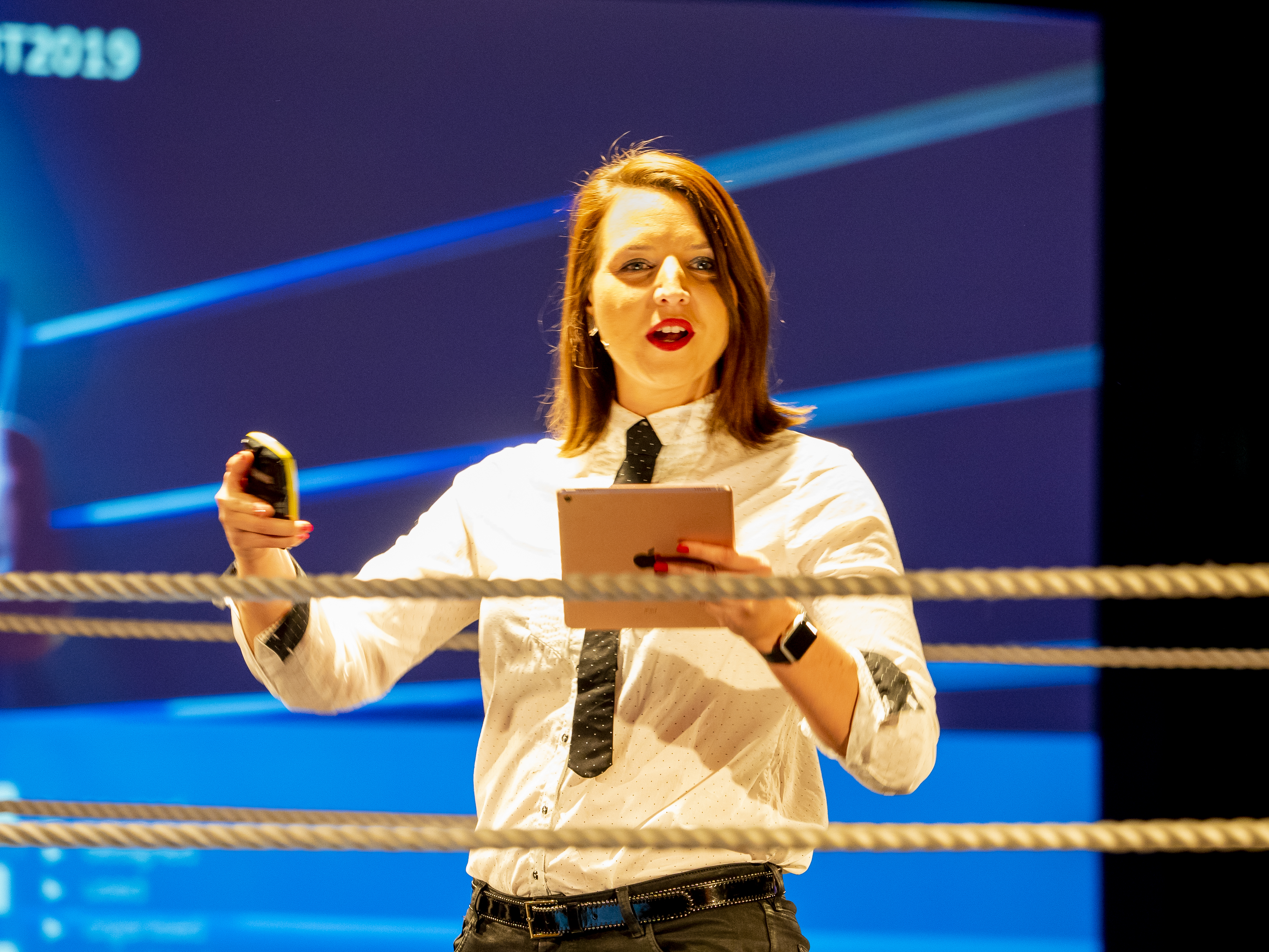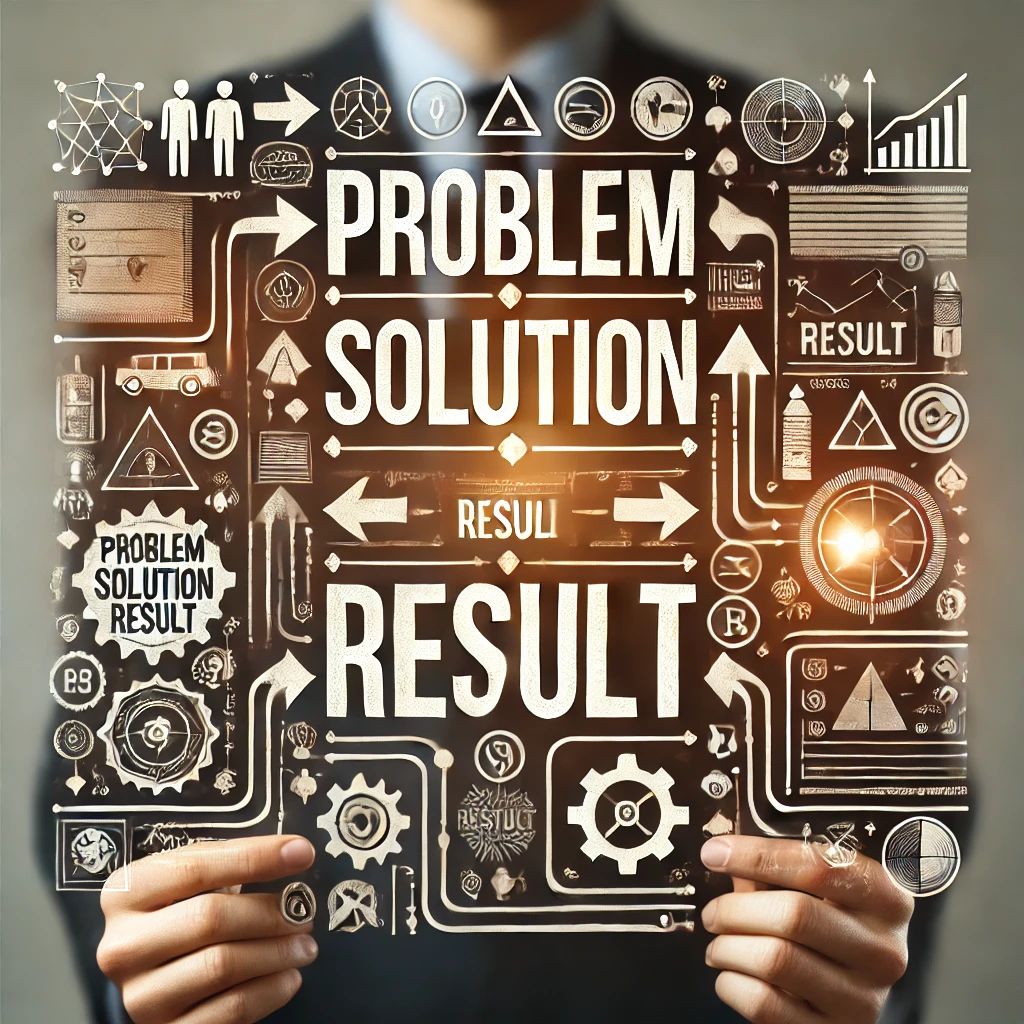Interview: Aurélie Krau’s advice on Gen Z, Millennials and business travel
13 May 2020 / Africa
Aurélie Krau is the go-to expert on all things Gen Z, Millennials and business travel. She has a #DigitalNomad lifestyle and is a proud millennial with expertise in travel tech, bleisure and the next generation of travellers.
Aurélie works at Festive Road as a consultant and public speaker and is known for driving change in the Business Travel eco-system. She comes full of energy and has a passion for success, whether she’s moderating the latest industry event, delivering a keynote on industry trends or leading a hackathon to translate geek into English and vice versa.
Aurélie’s tagline is “Fun is not the enemy of work”—and you’re about to find out why!
I won’t share a boring resume. Instead, I’ll start with two things I’ve recently been told:
- “You’re like a borderline Millennial who has all the new whizzy stuff but knows all the old crappy stuff!”
- “You are the ‘poster girl’ of digital nomad living in the travel industry.”
This pretty much sums up my path! My career has always been driven by passion: it combines technology, travel and multicultural environments.
I started my career working for a TMC, Carlson Wagonlit Travel, with a role focused on hotel technology. Then I took on a role on the consumer side, in charge of the development of the French travel portal of American Express, before acting as Regional Manager for the Global Business Travel Association (GBTA) in France.
I was listed in the Buying Business Travel (UK) Hotlist 2016 as “one to watch” and I won a travel hackathon in 2018!
I am a passionate foodie, very proud of French patisserie (I get competitive talking about it!) and I can’t resist a stimulating call of endorphins as a committed fitness junkie. This is essential to my mental health, especially in these times.
Gen Z and Millennials x business travel
1. Each generation has its own unique set of values and habits that define them. What drew you to focus your career on Millennials and Generation Z?
Simple: it’s the challenges that I faced myself when I was a young professional.
As a French tech geek with a progressive mindset, and English as my second language, I was not afraid to share my thoughts on emerging trends. Creating a credible voice as a young woman evolving in an environment that still valued seniority (can we use the past tense, actually?), especially in certain markets, turned out to be challenging.
Let me tell the truth: it didn’t happen overnight.
Our generation is at the crossroads of the revolutions of behaviours: we are the symbol of major disruptions affecting the travel industry and the workplace at large. This is a fascinating place to be!
I am involved in various programmes as a volunteer: I am leading the Phocuswright Europe Young Leaders Summit, I support hackathons and I mentor students. I am eager to share my experience and I enjoy learning from them too!
2. What do you love most about the work you do?
I am encouraged to be myself, to do what I love and to love what I do. This is Festive Road’s DNA.
I have created a lifestyle I highly value: I work while travelling the world. Obviously, this is on hold for now, but I am convinced this is temporary and I’m already looking #beyondthepause.
Will you believe me if I told you I have no job title? I wouldn’t be able to put only one tag on what I do. It goes from supporting travel management strategies, supporting (tech) product developments, running hackathons, designing the content of events, running them, delivering keynotes on the latest innovation trends, to filming fun vlogs while I share results of industry tests I conduct—the most recent series is #MissionCashless.
Typically, this refers to the “slash generation” symptom. I won’t lie: it’s been really hard work to get there. But I encourage anyone to follow their aspiration: it is so worth it!
3. You have years of experience in the travel industry. What are the most significant changes you’ve seen in business travel over the course of your career?
The first one is obvious to me: technology and its impact on distribution and marketing. Some context: the first iPhone was released when I was still a student. It was the beginning of the online revolution in travel, with metasearch and OTAs invading the market. Social media was blooming with Facebook and Twitter. It was the early stage of the API economy and mobile apps—Uber didn’t exist yet 😉
We Millennials grew up with that. We are early adopters. We think mobile-first. We’ve brought fresh and challenging perspectives to this industry because our expectations met other standards.
Gen Z is even more fascinating. To me, they are the real “digital natives” because they have not experienced this pre-Internet era. I used the Minitel, terrible floppy disks, CD players and a VCR. They haven’t! Think about how that impacts behaviours. Gen Z tends to be less addicted to technology and values the human touch more, interestingly.

The second change is more of a social shift: the new aspirations and expectations around jobs as an opportunity to see the world. I won’t expand on bleisure. It is not a new trend per se, but it’s clearly high on our list!
I found out my lifestyle opens discussions and I often get questions—mainly from next-gen—around creating a more digital nomad lifestyle, being location independent and exploring the world while working.
I have strong views on the massive shift ahead of us, initiated by remote work that became somehow “normal” during the present crisis.
4. How do you define the main differences between Millennials and Gen Z? What’s one myth you’d like to bust about them in terms of their roles in the corporate world?
I mentioned earlier how the tech background of Millennials and Gen Z is different. Generally, I’m not a fan of putting people in a box just because they were born in a certain time frame. It’s more a matter of personality and individual behaviours, driven by our environment. What I can say, however, is that I believe we are pretty good guinea pigs. We are good indicators of what’s working or not because we have a “test & learn” mindset and we tend to voice our opinion.
What I’d like to bust about Millennials and Gen Z: stop thinking they are arrogant, rebels and want to break the rules. They tend to have a different mindset: they want to be a part of things, they (especially Gen Z, from what I’ve heard) stick to companies with whom they share similar values, and they want to get involved in decisions taken at some higher executive levels.
It can be unsettling, but challenges are good! Embrace it and challenge them back!
5. What do you personally do to keep educated on generational trends? Which resources should companies look to for their own reference?
What I love to say is that generational stuff is NOT an exact science. What we know for sure is that we don’t know everything.
The best survey you can ever conduct is 1:1 engagement on the field! You will never get better insights than by talking to people. I do it every single time on my trips, on events I run and with my community on social media. I am a social butterfly, I ask questions to understand what is their motivation to travel. I’ve met many traveller types: people on a gap year, people in their 30s or 40s, individuals or friends or couples who quit their job because it didn’t give them the opportunity to travel, digital nomads with jobs that are location-independent, whether they’re contractors or employees.
Hackathons are a great opportunity to understand how next-gen thinks too, in terms of products developments. They see a pain point and they try to solve it. It’s as easy as this!
Now if I’m to reference some initiatives: I enjoy Jason Dorsey’s work at the Center for Generational Kinetics. I haven’t had the opportunity to attend any of his keynotes yet (Jason… if you read this! ☺), but I follow their content and what I enjoy is that it’s not limited to travel.
6. How can companies update their corporate policies to attract and retain Gen Z talent—while still ensuring they are inclusive of the older generations?
I’ll be straightforward: the concept of a “one size fits all” policy is last century. The challenges corporations—and by extension travel managers/buyers—have been facing with new generations entering the workplace is that they brought a relatively solid leisure traveller experience with them, with most recent tools and top-notch user experiences. Don’t forget that we Millennials are the first generation for whom travel became affordable.
That being said, are the essential needs of GenZ different than the ones of any other more senior employee travelling for work? I don’t think so.
The changing factor is: how is travel perceived—is it an experience and an opportunity to see the world? Does it need to be efficient because you have obligations at home? Any traveller can be one of these personas because it depends on the context of a trip.
Travel policies need to reflect that need for flexibility.
It doesn’t stop with travel. It’s the entire way corporations manage their talents and engage with them that has been disrupted. Young talents tend to have a strong appetite for innovation with an early adopter mindset, and as I stated earlier, they like to be a part of something.
“I encourage travel managers to engage, engage and engage. Now more than ever, in a COVID-19 world, where travel standards need to be redefined. It is crucial to understand expectations and impact on mental health. After all, the essence of travel management is to balance company costs with the employee experience.”
Aurélie Krau, Consultant, Festive Road
7. What’s next for travel tech? What advice would you give to companies so they can incorporate new tech into their corporate policies?
First of all, technology is not the finish line. Technology is an enabler.
The first piece of advice: you need to figure out your travel strategy and understand the needs and expectations of your travellers. This will influence the decisions buyers will make and how they will operationalise their strategy.
I think we are going to see a phenomenon: tech stacks will inevitably need to evolve. It already started pre-crisis, mostly on the distribution side, and it will need to accelerate. Our industry needs to become truly channel-agnostic and needs to improve its mobile readiness for on-trip services.
There’s the eternal question of: do you need a Swiss Army knife app or do you prefer one app for one use?
I reckon there will be a rise of microservices. There’s a unique opportunity to build bespoke travel ecosystems, empowered by API connectivity and enhanced mobile capabilities.
8. 2020 has seen a lot of unprecedented changes in the travel industry. What do you think are the next steps to recovery and how will this impact business travel in the future? What can travel managers—and other key stakeholders—do to prepare?
I wish I had a crystal ball to tell! The question is quite vast, so I’ll take an actionable approach.
The cycle is: Respond. Prepare. Return.
We are now in the ‘Prepare’ phase. With my team, we have developed a Permissible Travel Framework (PTF) to help travel managers and buyers structure a plan for the return of travel. Travel managers need to assess the equation:
Company confidence x Traveller confidence x Government permission = Permissible travel
Like I said, now more than ever is the right time to engage with travellers and develop a comprehensive next-gen duty of care program. That involves reviewing processes (the “company confidence” component of PTF), focusing on employee wellbeing and support (the “employee confidence” component of the PTF), and understanding what (new) data points will be required pre/on/post-trip and assess whether they have the right tools/platforms for that, who can support them with the execution and how.
One thing I can tell with certainty: people will travel again.
9. Gen Z has only just started to enter the workforce, but Generation Alpha is next in line! How will habits evolve over time? What do you think corporate travel will look like in 10 years thanks to these two generations?
Aha, tough question. The iPhone revolutionized our world in 2007, and that’s 13 years from today. Who could have predicted what was going to happen?
My take is:
- Technology will become more and more transparent due to seamless integrations, and that incorporates payment.
- The wanderlust love won’t go away. Now, one essential component to bear in mind is sustainability. I believe we will inevitably travel less and/or travel better, maybe for longer periods. This means some business trips will disappear and will be replaced by Zoom meetings when not considered strategic. But the ones that count will still happen!
- I reckon there will be a rise of the gig economy and of location-independent job positions. It is already happening with tech companies like Twitter allowing employees to work at home forever.
- There is going to be more and more of an entrepreneurial spirit. Gen A will literally have grown up in a world where you hear pitches every single week, where you have access to education for free online. It’s the ultimate crowdsourcing era.
10. Finally, what’s the most important piece of advice you have for companies looking to reach out to younger generations?
- Be open, create a culture where people feel in a safe space to share ideas.
- Celebrate generational differences and work together: learn from people with experience, hear refreshing ideas from younger professionals.
- Don’t promise what you can’t deliver.
I’d recommend companies to own their culture and articulate it in a better way. When it comes to travel management, I’d suggest that the travel culture has to reflect the company culture.

Want more?
Aurélie Krau was a speaker in the webinar Meeting the Expectations of Gen Z Travellers. She was joined by experts from Booking.com, Criteo and the BTN Group. Sign up now to watch the replay!
Posted by Jodi ten Bohmer
Simplify travel expenses for your business
Related articles
Most popular

Serving Millions of Apache Pinot™ Queries with Neutrino

Your guide to NJ TRANSIT’s Access Link Riders’ Choice Pilot 2.0

Making Uber’s ExperimentEvaluation Engine 100x Faster

Genie: Uber’s Gen AI On-Call Copilot
Products
Company




